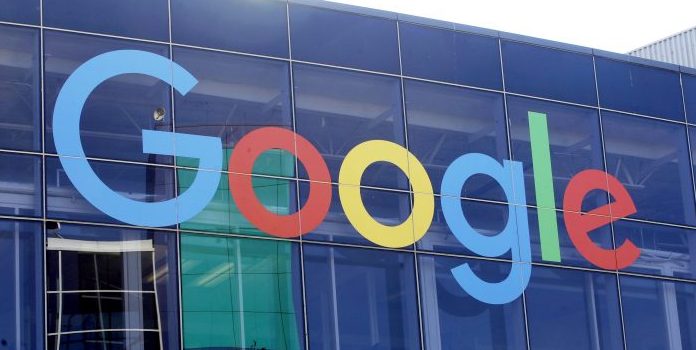(Headline USA) A federal judge on Friday rejected a motion from Google to toss out the government’s antitrust case against it.
U.S. District Judge Leonie Brinkema ruled the lawsuit alleging Google wields monopolistic power in the world of online advertising can proceed in its entirety.
Her ruling is the second setback for Google at the federal court in Alexandria. Google had earlier tried to get the case consolidated with a similar lawsuit that’s been ongoing for several years in New York. But Brinkema ruled last month that the case can proceed in the Alexandria courthouse, which is known as the “Rocket Docket” for its reputation of adjudicating disputes swiftly.
The lawsuit alleges that Google holds a monopoly in online advertising that works to the detriment of consumers. The complaint alleged that Google “corrupted legitimate competition in the ad tech industry by engaging in a systematic campaign to seize control of the wide swath of high-tech tools used by publishers, advertisers, and brokers, to facilitate digital advertising.”
Google argued that the case should be tossed out, in part because the government defines Google’s alleged monopoly too narrowly. Google’s lawyers contend the lawsuit does not account for advertisers’ ability, for example, to advertise on huge social media platforms that run their own advertising platforms independent of Google.
In court papers, Google made an analogy to an unsuccessful antitrust lawsuit against Live Nation, a concert promoter that owns and operates a large number of outdoor amphitheaters.
The lawsuit alleged Live Nation held a monopoly on amphitheaters, but a judge ruled that the plaintiffs failed to prove a monopoly in part because they did not take into account reasonable alternatives to amphitheater venues, like indoor concert halls and arenas.
Brinkema said the question of how to define the market in which Google allegedly holds a monopoly will be a key issue in the case, But she said at this preliminary stage, the government’s allegations are plausible enough for the case to move forward. The government’s burden of proof, though, will increase at trial.
After the hearing, Google issued a statement from Dan Taylor, its vice president of global ads, saying the lawsuit “ignores the reality of today’s dynamic digital advertising space, where we compete against hundreds of companies like Amazon, Apple, Meta, Microsoft and TikTok.”
The statement said the lawsuit “would slow innovation, raise advertising fees, and make it harder for thousands of small businesses and publishers to grow.”
A number of states, including Virginia, California, Colorado, Connecticut, New Jersey, New York, Rhode Island and Tennessee, have joined in the case as plaintiffs against Google.
Adapted from reporting by the Associated Press

